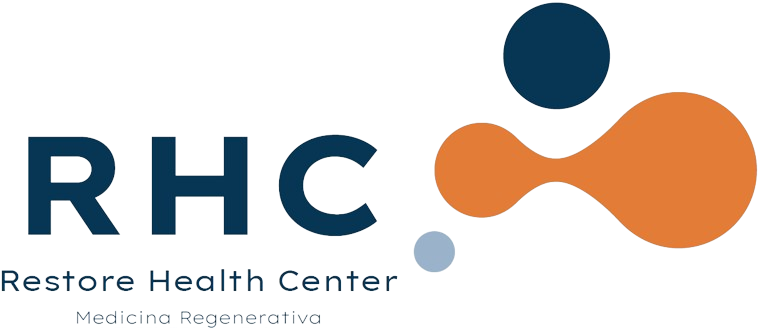Types of stem cells and their treatments
Stem cells are special cells with the ability to differentiate into different types of cells in the human body.
There are several types of stem cells, each with their own characteristics and functions, used in different fields of medicine, such as tissue regeneration and disease treatment.
01
Embryonic
stem cells
They are found in the early embryo and have the ability to differentiate into any type of cell in the human body. These cells are responsible for the formation of the different tissues of the body during the early development of the embryo. They are used to treat neurodegenerative diseases, heart disease, and diabetes, among others.
02
Pluripotent
stem cells
these are cells that are in a state of intermediate differentiation. These cells are capable of differentiating into any type of cell in the human body, with the exception of placental cells. They are used in gene therapies, stem cell transplantation, treatment of neurodegenerative diseases, heart disease and injury, and treatment of diabetes.
03
Multipotent
stem cells
these are cells capable of differentiating into various types of cells specific to the same tissue or organ. They are used in the treatment of orthopedic disorders, bone diseases, and skin diseases.
04
Unipotent
stem cells
they are capable of differentiating only into a specific type of cell. A clear example of unipotent cells are skin cells, which are found in the epidermis and are responsible for the regeneration of damaged skin. They are used in treatments for burns, scars, and skin diseases.
05
Adult
stem cells
found in tissues such as bone marrow, intestine, and adipose tissue, and are capable of regenerating and repairing damaged tissues. They are used to treat blood diseases such as leukemia and anemia, bone diseases such as osteoarthritis, and heart diseases such as cardiomyopathy.

